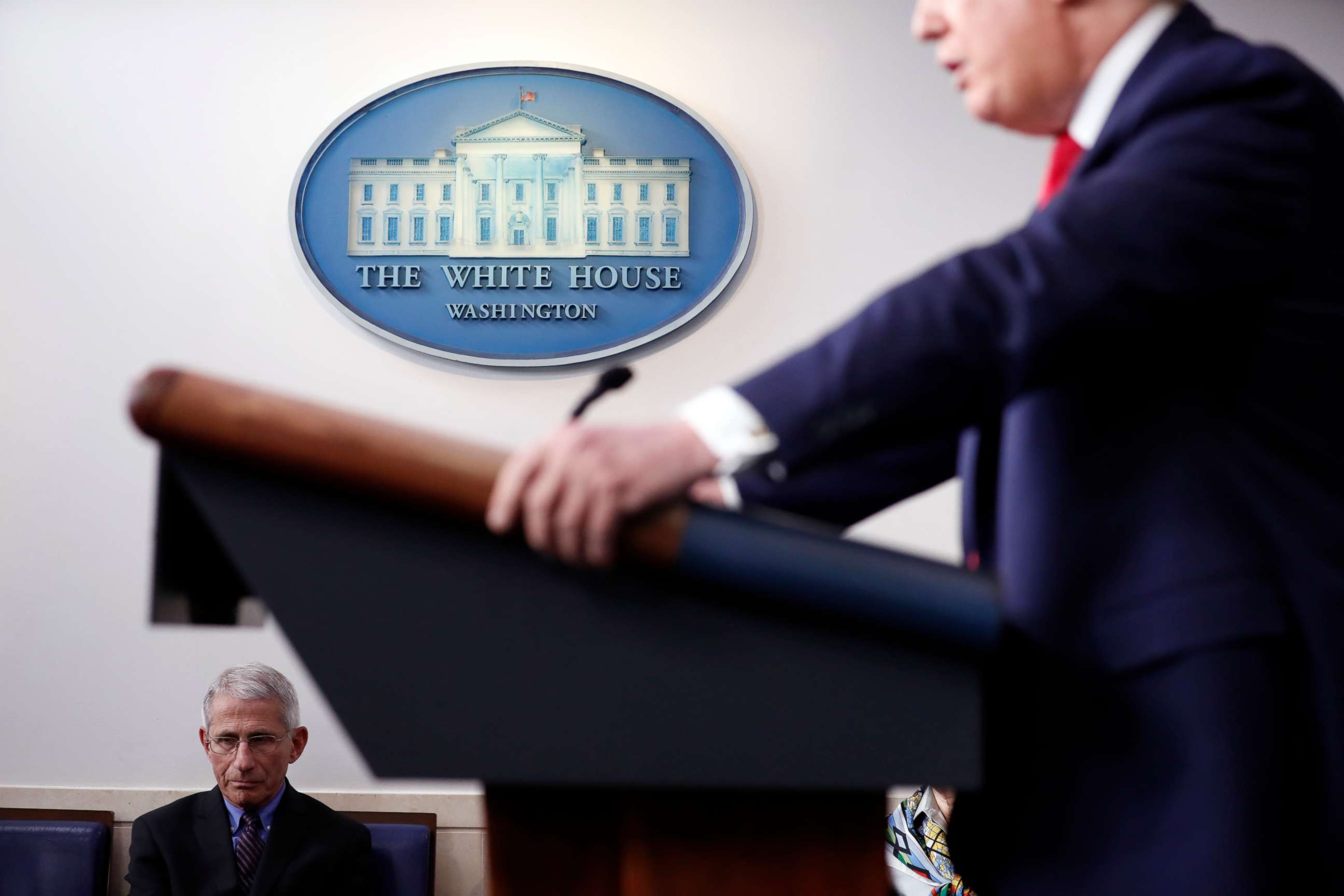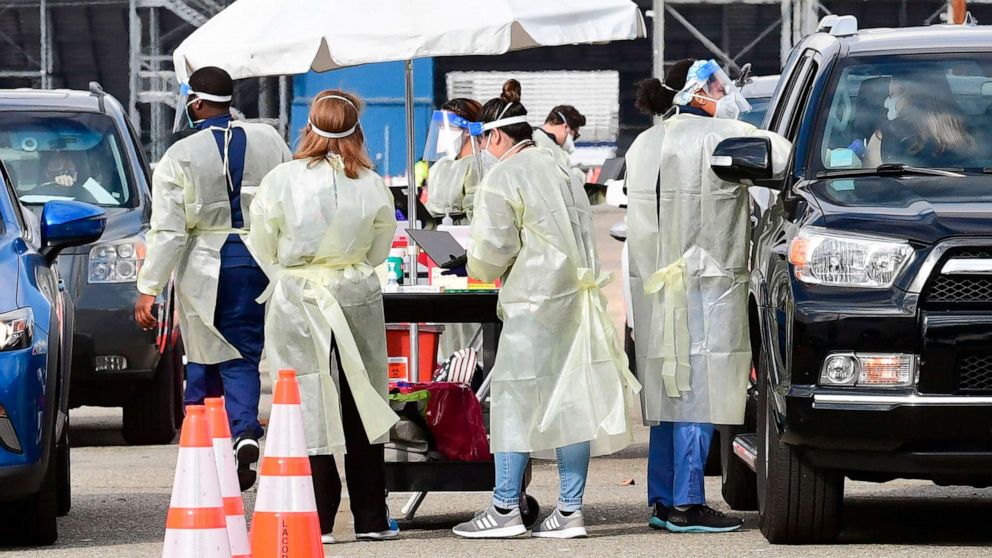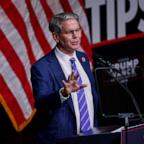Fauci describes what it was like working with Trump
Dr. Anthony Fauci, the nation's leading infectious disease expert, opened up about his experience working with former U.S. President Donald Trump in an interview with The New York Times that was published Sunday.
When COVID-19 began to rapidly spread in the northeastern part of the country last year, particularly in New York City, Fauci said Trump had "almost a reflex response" to try to "minimize" the situation.
"I would try to express the gravity of the situation, and the response of the president was always leaning toward, 'Well, it's not that bad, right?' And I would say, 'Yes, it is that bad,'" Fauci, director of the National Institute of Allergy and Infectious Diseases, told the newspaper. "It was almost a reflex response, trying to coax you to minimize it. Not saying, 'I want you to minimize it,' but, 'Oh, really, was it that bad?'"
Fauci, who was a key member of the Trump administration's coronavirus task force, said another thing that made him "really concerned" was the former president taking input from non-experts on unproven methods to treat COVID-19, like hydroxychloroquine.
"It was clear that he was getting input from people who were calling him up, I don’t know who, people he knew from business, saying, 'Hey, I heard about this drug, isn't it great?' or, 'Boy, this convalescent plasma is really phenomenal,'" Fauci told the newspaper. "And I would try to, you know, calmly explain that you find out if something works by doing an appropriate clinical trial; you get the information, you give it a peer review. And he’d say, 'Oh, no, no, no, no, no, no, no, this stuff really works.'"
"He would take just as seriously their opinion -- based on no data, just anecdote -- that something might really be important," Fauci added. "That’s when my anxiety started to escalate."
When the leadership of the White House coronavirus task force changed hands last February, with U.S. Vice President Mike Pence coordinating the government's response and Trump at the podium taking questions from reporters during the press briefings, Fauci said it went from "the standard kind of scientifically based, public-health-based meetings" to "the anecdotally driven situations, the minimization, the president surrounding himself with people saying things that didn’t make any scientific sense."
"Then I started getting anxious that this was not going in the right direction," he told the newspaper. "We would say things like: 'This is an outbreak. Infectious diseases run their own course unless one does something to intervene.' And then he would get up and start talking about, 'It’s going to go away, it’s magical, it’s going to disappear.'"

That's when Fauci said it became clear to him that he needed to speak up, even if it meant contradicting the president.
"He would say something that clearly was not correct, and then a reporter would say, 'Well, let’s hear from Dr. Fauci.' I would have to get up and say, 'No, I’m sorry, I do not think that is the case,' he told the newspaper. "It isn’t like I took any pleasure in contradicting the president of the United States. I have a great deal of respect for the office. But I made a decision that I just had to. Otherwise I would be compromising my own integrity, and be giving a false message to the world. If I didn’t speak up, it would be almost tacit approval that what he was saying was OK."
This upset Trump's "inner circle," Fauci said.
"That’s when we started getting into things I felt were unfortunate and somewhat nefarious -- namely, allowing Peter Navarro to write an editorial in USA Today saying I’m wrong on most of the things I say," he told the newspaper. "Or to have the White House press office send out a detailed list of things I said that turned out to be not true -- all of which were nonsense because they were all true. The very press office that was making decisions as to whether I can go on a TV show or talk to you."
Fauci said there were a couple times where Trump even called him personally to say, "Hey, why aren’t you more positive? You’ve got to take a positive attitude. Why are you so negativistic? Be more positive."
Fauci said he and his family have received death threats, beginning last March, and that his wife once suggested he consider quitting.
"But I felt that if I stepped down, that would leave a void. Someone’s got to not be afraid to speak out the truth," he told the newspaper. "Even if I wasn’t very effective in changing everybody's minds, the idea that they knew that nonsense could not be spouted without my pushing back on it, I felt was important. I think in the big picture, I felt it would be better for the country and better for the cause for me to stay, as opposed to walk away."






